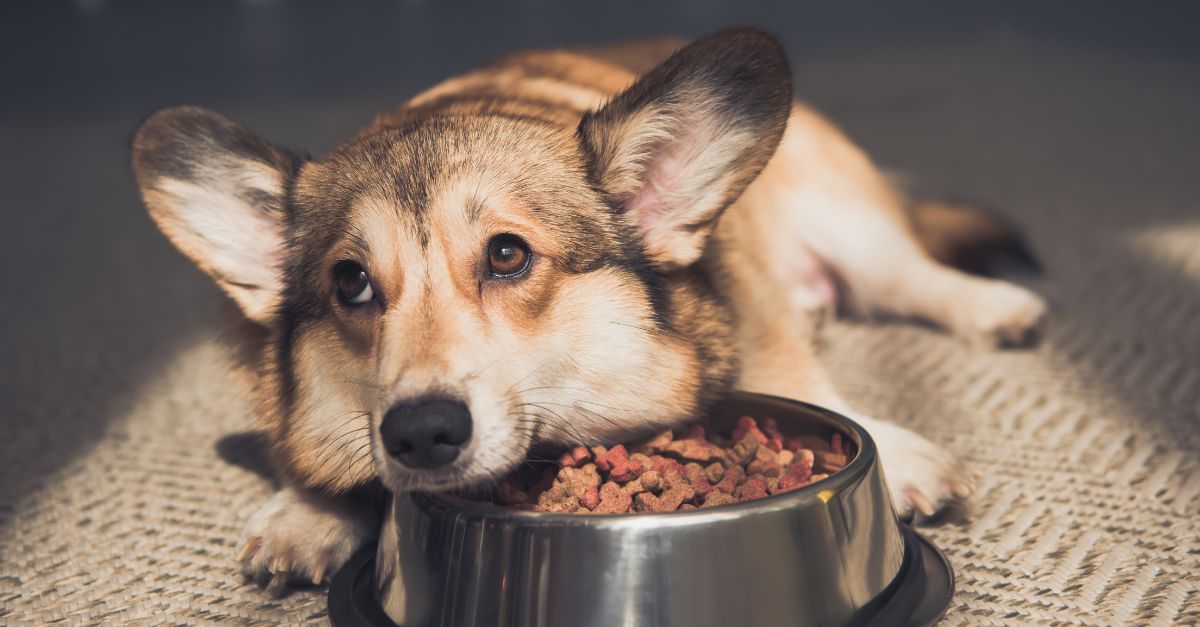
Your dog is a beloved part of the family, so you want to give them the best care. Sometimes it’s hard to tell if something is wrong with your dog, but a decreased appetite is a common sign that something is wrong.
Whether your dog is filling up on table scraps from your kids or there’s an underlying health issue, there are a number of reasons why your dog may not be eating as much as usual. Understanding these possibilities is the first step to ensuring your furry friend gets the care they need.
Potential Health Concerns To Watch For
Health-related issues often cause a decrease in your dog’s appetite. It could be an upset stomach, or it might even come down to some common dental problems. For whatever reason, your dog might find eating to be an uncomfortable or unappealing option. Something as simple as a loose tooth or mild nausea might deter your dog from finishing their meals.
Parents with small children might notice how their dogs hesitate to chew on hard kibble, which could point to oral discomfort or sensitivity. It’s important to understand the importance of oral care for your dog. If your dog continues to avoid food, consider taking them to a vet to see if there are any underlying problems.
Behavioral or Environmental Changes
Dogs are creatures of habit, so even simple changes in their environment may affect their eating habits. Are your kids more active around them, or did you go through any recent moves or changes that could disrupt their sense of normalcy?
Stress or anxiety may reduce your dog’s appetite, leaving them uninterested in their meals. Similarly, the introduction of new food can also lead to refusal, as dogs are creatures of habit and may need time to adjust to new flavors or textures. When this happens, offering reassurance and sticking to regular mealtimes can help restore their routine.
How Families Can Help
If you’re still not sure why your dog isn’t eating as much as usual, involve the family to help take care of your pup and improve their well-being. One thing to look out for is whether your children are unintentionally spoiling mealtimes by feeding table scraps or snacks throughout the day. These extra treats might fill your dog up, leaving them uninterested in their regular kibble.
Taking a team approach to feeding routines can ensure consistency. Encouraging your children to assist with portioning out meals or observing changes in your dog’s habits can make them an important part of the solution.
When your dog isn’t eating normally, paying close attention to their habits and any contributing factors is key. If lack of appetite continues or worsens, consulting a veterinarian is always the safest choice. Remember, a little observation and care often go a long way in helping your furry family member get back on track.

Sam Hopes is a 37-year-old mom of two living in Portland, Oregon. She works as a freelance graphic designer and part-time yoga instructor, juggling creative projects with playdates and PTA emails. Known for her warm personality and dry humor, Sam loves hiking in Forest Park, thrifting on Mississippi Avenue, and weekend visits to OMSI with her kids, Ella and Milo. She’s the kind of parent who forgets sunscreen but always remembers snacks—and a good laugh.
